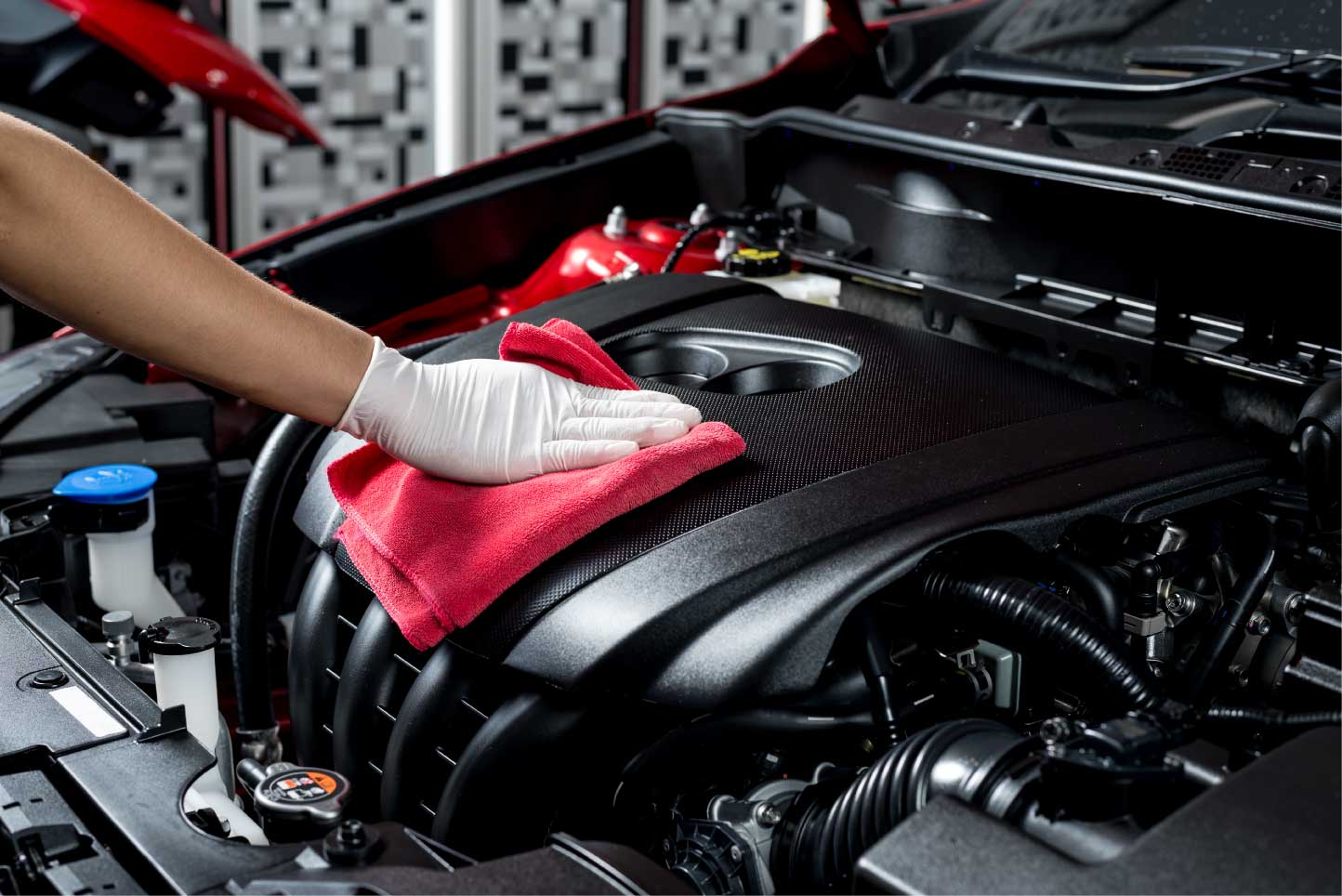6 Tips to Maintain Your Engine After Driving in Heavy Rain or Flooded Areas

(Photo credit: Yelp)
Driving through heavy rain or standing water may seem harmless, but did you know it could silently damage your engine?
During the rainy season, roads can flood unexpectedly. When you drive through deep water or your vehicle stalls in a flooded area, the engine and electrical system are the most vulnerable. Without proper post-drive care, this can lead to costly repairs or long-term damage. Here's a step-by-step guide on how to care for your engine after driving through rain or floodwater to keep your car running smoothly and safely.
1. Do NOT Start the Engine Immediately If Stalled
If your car stalls or has been submerged in water, do not try to restart it right away. Water might have entered the intake system or engine cylinders, leading to a hydrolock, which can bend or break internal components.
What to do:
- Call for a tow truck and take the car to a garage
- Let a professional inspect the engine before attempting to start it
2. Check Engine Oil and Transmission Fluid
After driving through water, open the hood and inspect:
- Is the engine oil milky or cloudy?
- Does it smell off or appear foamy?
These are signs of water contamination. If found, drain and replace fluids immediately.
3. Inspect the Air Filter
The air filter may absorb water, especially if it's located low in the engine bay. A wet air filter can reduce airflow or cause engine misfires. If it feels damp or soggy, replace it immediately.
4. Check Electrical Components and Battery
Floodwater can compromise your electrical system. Make sure to:
- Test headlights, brake lights, and indicators
- Inspect wire connectors and plugs for moisture
- Check battery terminals for rust or water residue.
Let a mechanic dry or replace affected parts if needed.
5. Dry Out the Engine Compartment
Even if the engine looks dry, moisture can hide in wiring and crevices. Use compressed air or have a shop blow-dry the engine bay, focusing on fuse boxes, electrical connectors, and underside of the engine
6. Listen to Your Engine Carefully
Once you've done the checks and start the engine:
- Listen for unusual noises (clanking, knocking, misfiring)
- Observe idle stability and responsiveness
If anything sounds or feels off, stop driving and consult a mechanic.
In conclusion, taking proper care of your engine after driving through heavy rain or flood waters is more important than many drivers realize. Prompt inspections and maintenance can prevent serious damage and extend your vehicle's lifespan. Always remember, “prevention is better than cure”, ignoring small signs today might lead to costly repairs tomorrow.
[cta_car_valuation]
Read More: How Much Is Your Used Car Worth? A Simple Guide to Checking Your Car's Value from Home
Looking for a car appraisal? You can contact us for a free car valuation within 24 hours…
